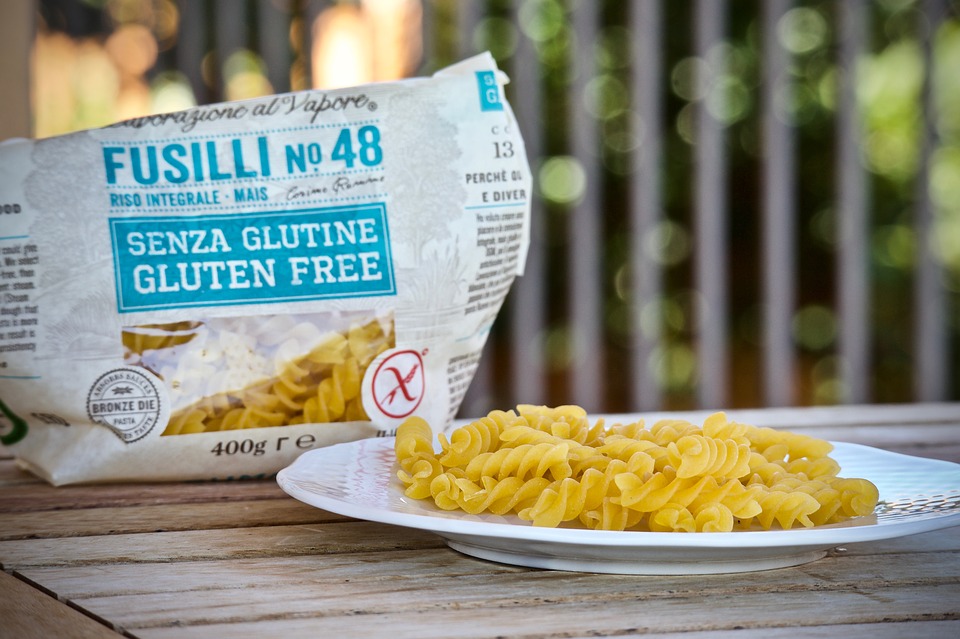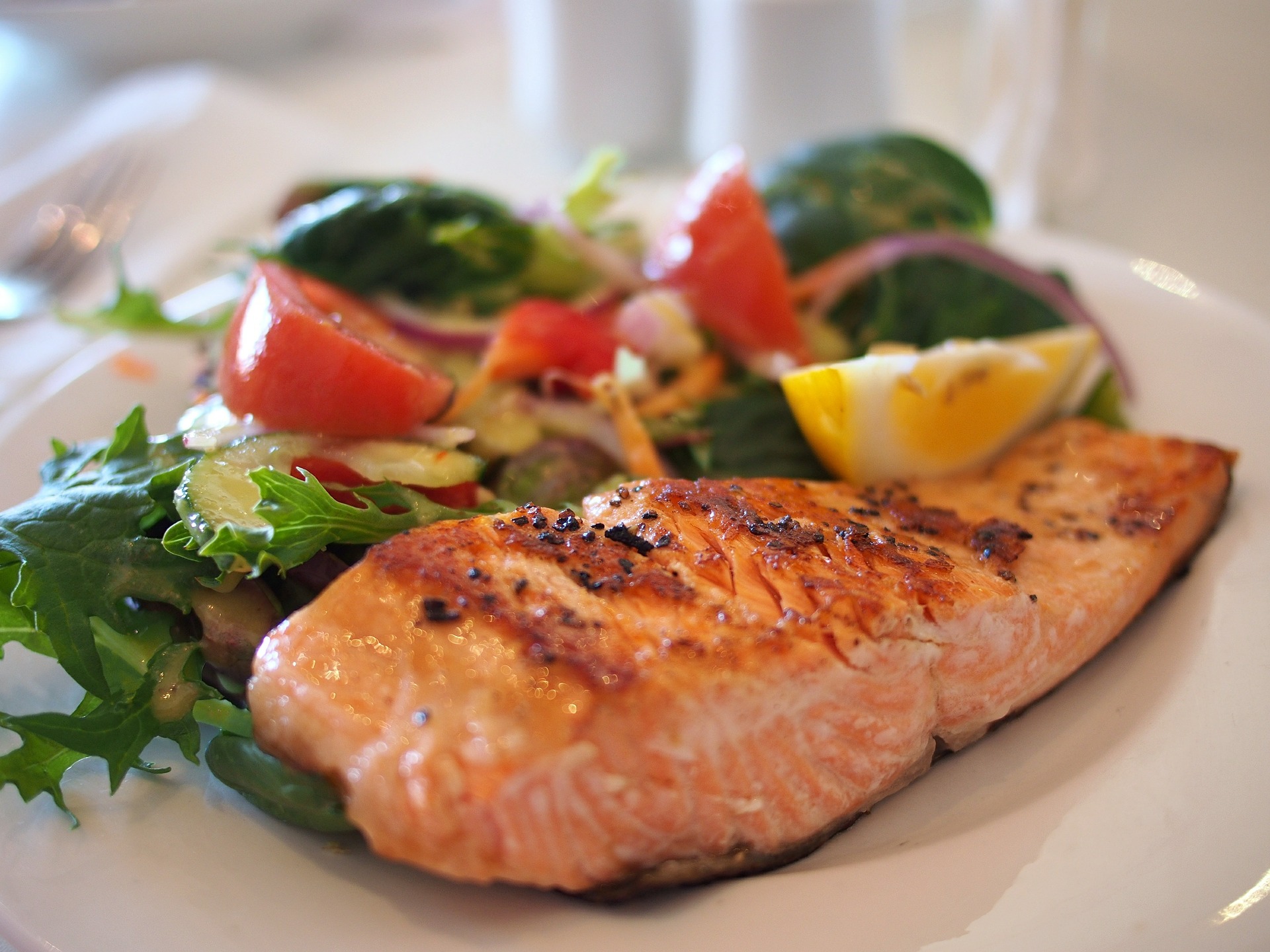Going gluten-free has become a popular trend. More and more gluten-free products are taking up space on the shelves in grocery stores, yet at the same one, many people remain in the dark when it comes to the benefits of a gluten-free diet.
Let’s begin to address that by describing what gluten is and what it actually does. Gluten is a protein found in such foods as wheat, cereal, and certain grains. One of its main purposes is to retain the elasticity in foods during fermentation. It makes bread chewable and prevents certain foods from having a doughy-like, sticky texture.
Worldwide attention:
With an increase in people being diagnosed with gluten sensitivity and celiac disease, gluten-free diets have received a lot of attention from physicians from all over the nutritional spectrum, including dieticians, bariatric physicians, and weight loss physicians.
There’s a good reason for that. There are a number of health benefits which can be had from a gluten-free diet for anyone who has a gluten intolerance, such as improving energy levels, better digestive health, and decreasing cholesterol levels. Moreover, going gluten-free, even if it’s for a little while, can help detox your body from wheat and processed carbs in general, too.
Restaurants, too:
It isn’t just grocery stores that are helping their customers go gluten-free. There’s little point in eliminating gluten from your shopping list if you’re feasting on it when eating out or ordering in. Although those two options are becoming increasingly seamless with services such as Deliveroo continually adding more gluten-free restaurants to its platform. Celiac-friendly eateries available to order from include Uncle Pete’s, with a customizable pizza on the menu, so going gluten-free doesn’t mean that you can no longer enjoy the foods you love.
Whether buying from a shopping list or ordering from a restaurant, if you decide to embark upon a gluten-free diet, you’d only be eliminating foods from your diet that are unhealthy, anyway. For example, most fried food would be immediately off-limits, due to the breading. The same would be true of many desserts.
Reducing health risks:
By eliminating gluten from your diet, you’re reducing the risk of health-related conditions, such as certain cancers, and heart disease. It can also help you to fend off germs and viruses, as many of the foods you will eat contain essential mineral and vitamins, as well as antioxidants.
This will also mean minimising your intake of processed foods. Many processed foods that can be bought off the shelves contain high amounts of gluten, which is unhealthy, due to the fact that they contain artificial flavors and chemicals.
Weight loss, too:
Most foods on a gluten-free diet can help with weight loss, especially if you have a healthy balance of protein, fat, and carbohydrates. If you combine a gluten-free approach with the right proportions and combinations, however, and choosing gluten-free starches like quinoa, sweet potatoes, and brown rice, you’ll be eating healthier and more likely to lose weight.
Bear in mind that you’ll need to exercise caution when it comes to reading food labels. Many packages state that their food is gluten-free when it may not be the case. There will always be replacements in unhealthy goods that contain gluten with other unhealthy gluten-free varieties. That’s especially true of high-carb foods, such as bread. So just be sure to go in with your eyes open.
Read Also:
Source: Max Pixel






















